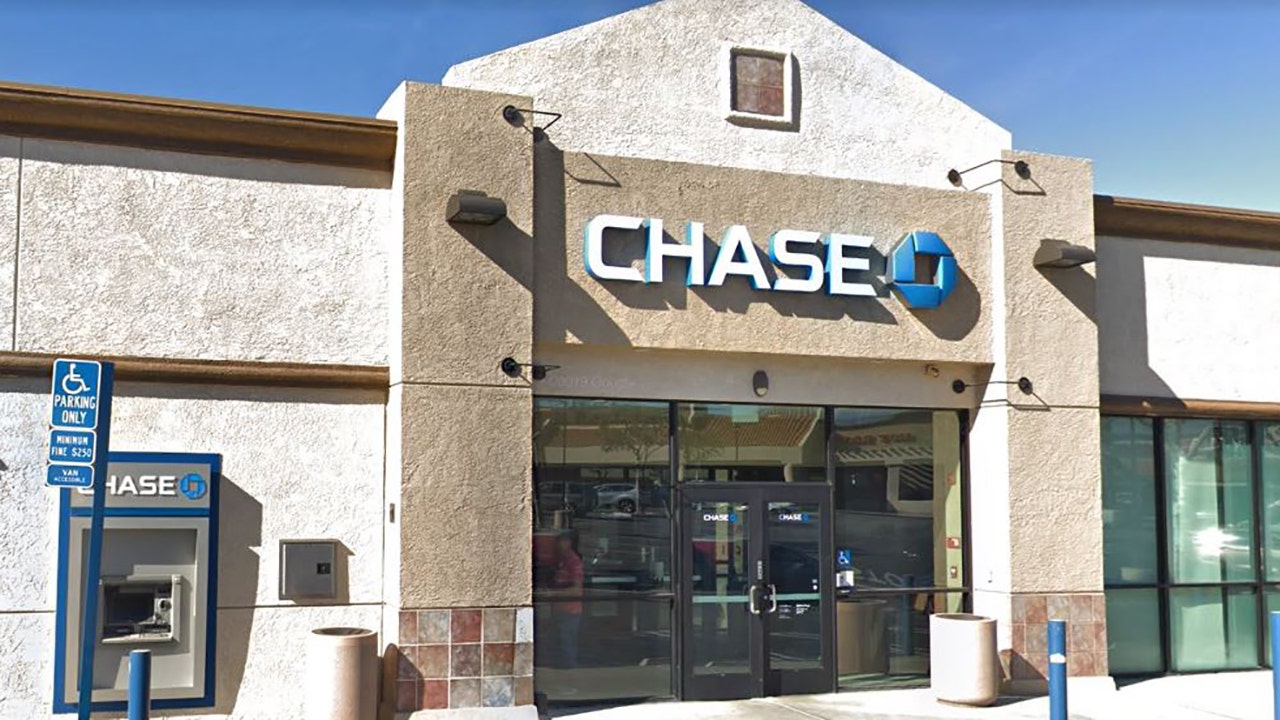Yes, keep your munney safe, in one of them thar FDIC-insured banks....
** Not a
financerial guru, but...had this from the past:
Following the 2008
Banksterhaben cra$h, and the Greece/Cypress me$$, ‘
bail in’ became a…..matter.
Dug up some info., to help understand the substance, behind the term.
How Goverment Bail-Ins Save Institutions
A pertinent excerpt
With a bank bail-in, the bank uses the money of its unsecured creditors,
including depositors and bondholders, to restructure their capital so it can stay afloat. In effect, the bank is allowed to convert its debt into equity for the purpose of increasing its capital requirements. A bank can undergo a bail-in quickly through a resolution proceeding, which provides immediate relief to the bank. The obvious risk to bank depositors is the possibility of losing a portion of their deposits. However, depositors have the protection of the
Federal Deposit Insurance Corporation (FDIC), insuring each bank account for up to $250,000. Banks are required to use only those deposits in excess of the $250,000 protection.
(My Comment: Of course, some of us well know, that the FDIC’s total holdings, would not go far, in a larger collap$e; thus, it is something of a proverbial
red herring….
———————————————————————
Why Bank Bail-Ins Will Be the New Bailouts
—————————————————————————————
This is loooog, with lottsa formulae and high-fi terminology, but….I include a pertinent excerpt:
https://www.fdic.gov/bank/analytical/cfr/bank-research-conference/annual-18th/1-berger.pdf
From P. 9 -
3.3 Post-Crisis Bail-in Regime
After the crisis, the Dodd-Frank Act introduced the Orderly Liquidation Authority (OLA). OLA is triggered for a large BHC when the Treasury Secretary, in consultation with the President, as well as two-thirds of the Federal Reserve and FDIC boards, finds that the BHC is in default or danger of default, and its failure would have serious adverse financial stability consequences. The critical point of distress may be due to a severe capital shortfall, a liquidity problem, or both. When OLA is triggered, the FDIC temporarily takes over the BHC and fires its management, while banks and other holding company subsidiaries continue to operate. There is also a bail-in in which shareholders are wiped out and subordinated debtholders and
possibly other uninsured creditors have part of their debt claims turned into equity capital, so that the BHC becomes well capitalized. The BHC is then returned to private hands with new management.9
**The bolded-red is, potentially…..you.
———————————————————————————————————————
From the NY Fed…..
This paragraph is on P. 210, is about the only clarity for an individual account holder:
A checking account is a financial liability. People hold these accounts because they are liquid. A delayed insolvency distribution is an illiquid distribution. An illiquid distribution is costly. For an individual, these costs may include bad credit reports, eviction, or delayed medical care. For a firm, these costs may include strained relations with creditors, or even its own insolvency. For a megabank, the costs can extend to chain-reaction illiquidity and insolvency: systemic risk. In a
typical bank insolvency, checking accounts are typically paid in full with no delay.
On P. 217, Section 3. Bail-In, begins to speak of the mechanics, but….is, ultimately, BanksterSpeak, essentially indecipherable, toward the understanding of an account-holders risk...

 www.foxnews.com
www.foxnews.com




